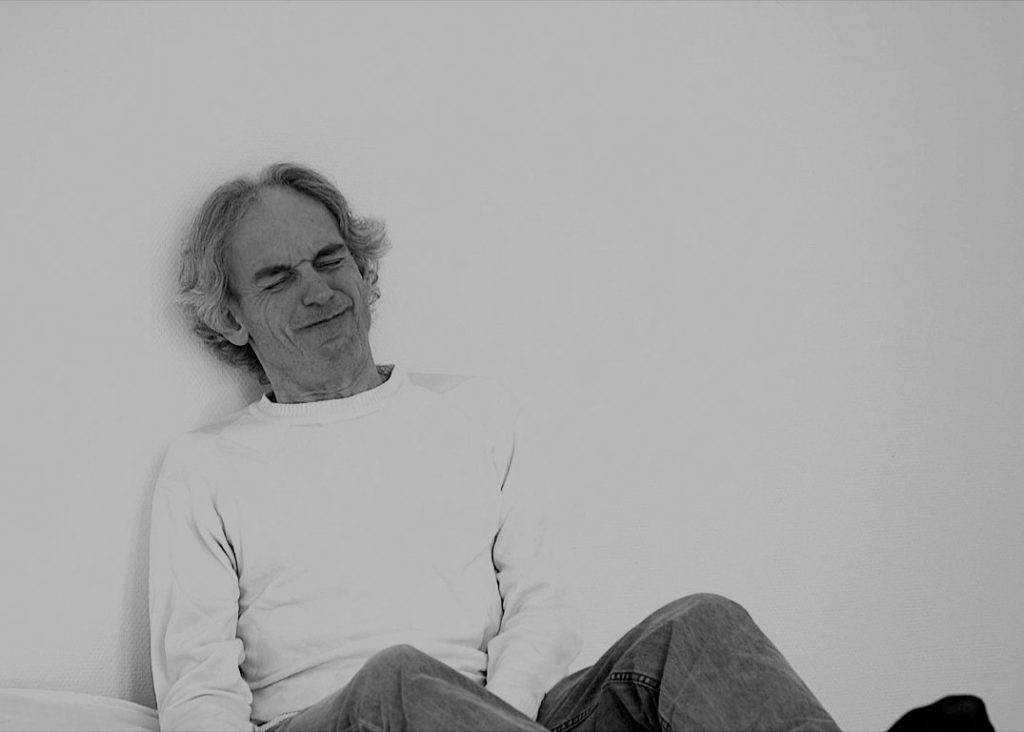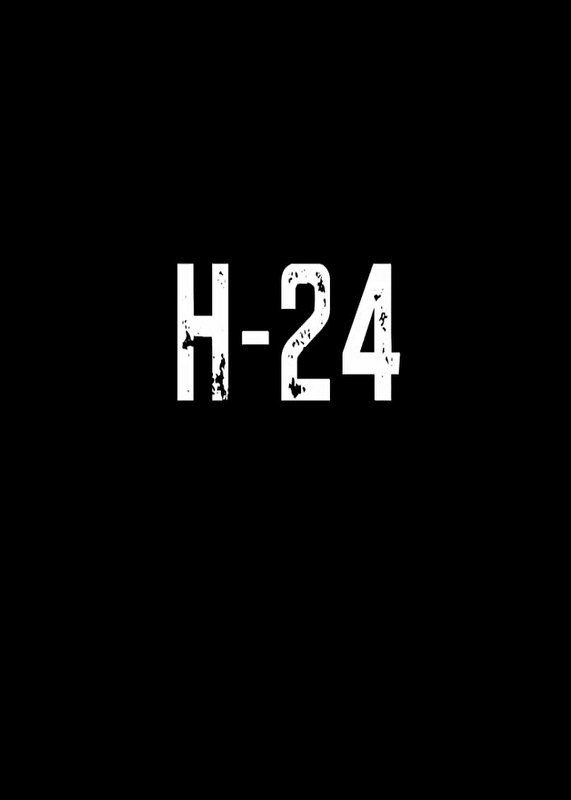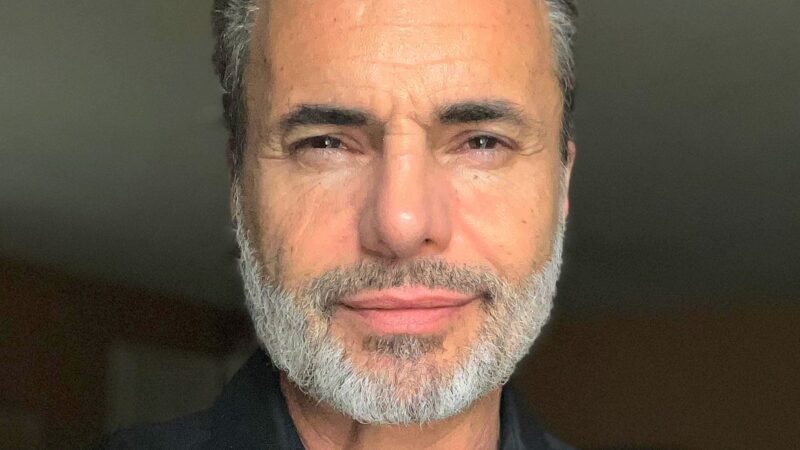
REVIEW: by Peter Nichols | B+
Synopsis : A aged man can see his future, but for only 24 hours, sits reflecting about his life after he saw his death.”
French short-film, H-24 is reminiscent of the 1920’s French impressionist cinema. It feels like Yassine Harbachi intended H-24 a tribute to filmmakers of this era. If that was his decision, H-24 would then qualify as a silent-film as it is designed on the tenets of that period. Shot entirely in black and white, it isn’t a film-noir, but it is a modern-day film-noir or neo-noir. It is, however, evidently, an experimental film, which gives ‘Yassine‘ the latitude to create and to discover.
H-24 is a smartly made short-film, it is cinematically principled and structured. I applaud Yassine Harbachi‘s intuition to stick with the language of cinema. It doesn’t introduce any new rules but reminds us where cinema takes its roots.
H-24 reminded me of the early transition from American theatre to cinema, when D.W. Griffith made “For the love of Gold” (1908), “The Lonely Castle” (1909), “The Lonedale Operator” (1911), and “The Birth of a Nation” (1915). These films were rendered with a view through a proscenium. Everything happened in front of the camera. It puts the audience into the scene. And I think the “Yassine” did just that.
The audience is granted the final 4 minutes of a man in deep thought, head pressed back against a wall sitting upright. An obvious psychological process kicked in through the narration. We realize the man guards an age-old secret. A gift. Or maybe even a curse.
This gift had been an appreciable sign through his life, but it had brought pain with it. In the closing minute of the film, we discover Carl knew his time of death. We see how he grasps with both hands. We wonder, if it’s chest pain, then a gentle sideways slump and a shortstop, he rests motionless.
His Psychiatrist returns trying to ignite a previous day’s conversation, about what his age-old secret will be. The camera pulls back to reveal her seating, waiting for Carl’s response. Fade to black. Carl had breathed his last.
I find the logic in H-24 riveting. It is the most powerful, compelling component in the film that struck me. I say it is a properly written screenplay. Although, I thought the translation needs some work. The non-interaction between its two-character reminded me of the “things left unsaid”.
I might have just missed out on the score of H-24. It definitely did its job, because I didn’t notice it. The editing riveted it firmly on the moving image vastly complimenting the story subconsciously doing its work. Philippe Lebraud, the film composer, had to spend a great deal of time crafting a magnificent main musical theme. He deserves all the credit he gets!
Another key component to H-24 is time. Obviously, H-24 or Hour 24 means the 24th hour. Carl knew regret. He was acquainted with it. He had things left undone: places he hadn’t visited, things he hadn’t started. The interplay of “the undone” and “time” provokes the dilemma, to regret. Something that man struggles with continually through life. This drew me into Carl’s neurosis. I empathize with him. I was him. In the end, there will always be things left undone no matter what. And like Carl who didn’t get to reveal his secret. He may end up like him, whether we are prepared or not.

Writer & Directed: Yassine Harbachi
Cast
Pierre Glénat as Carl
Caroline Lavergne as Psychiatrist
Produced: Yassine Harbachi
Cinematography: Fabrice Mengotti
Score: Philippe Lebraud
Editing: Fabrice Mengotti




